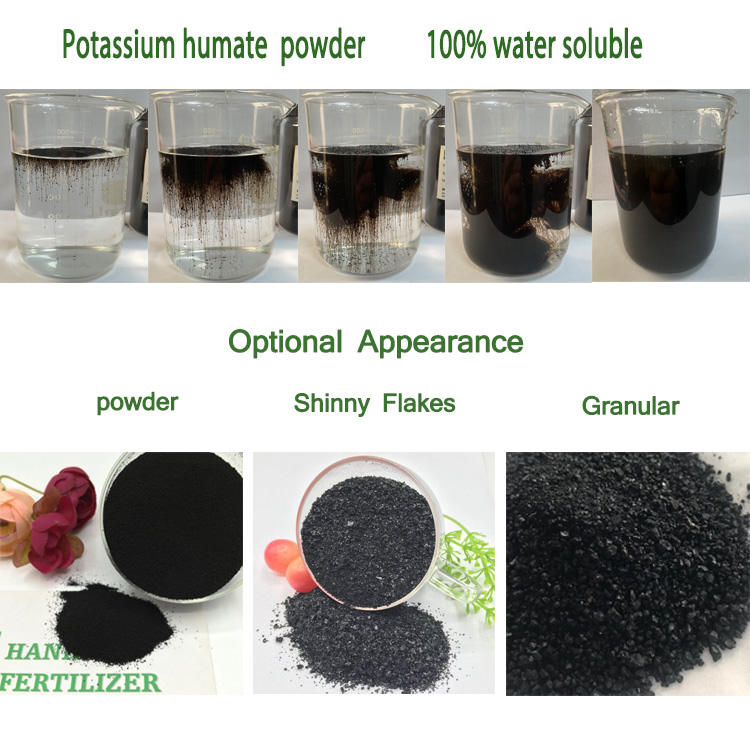
Nov . 01, 2024 13:45 Back to list
Nitrogen Fertilizer Recommendations for Enhancing Horse Pasture Growth and Health
Understanding Nitrogen Fertilizers for Horse Pasture
When it comes to maintaining a lush and healthy horse pasture, one of the most critical components is ensuring an adequate supply of nitrogen. Nitrogen (N) is an essential nutrient for plant growth, playing a vital role in photosynthesis, cellular structure, and overall vigor. For horse owners and pasture managers, understanding how to effectively utilize nitrogen fertilizers can lead to greener pastures and healthier horses.
The Role of Nitrogen in Pasture Growth
Nitrogen is a primary building block of amino acids, which are the proteins that make up much of the plant tissue. It's also a key component of chlorophyll, the pigment responsible for photosynthesis. In pastures, an adequate nitrogen supply promotes vigorous grass growth, encourages leafy growth rather than flowering, and helps maintain the quality and quantity of forage available for horses. However, overuse can lead to excessive growth, which may necessitate more frequent mowing and could increase the risk of certain plant diseases.
Assessing Nitrogen Needs
Before applying nitrogen fertilizers, it’s crucial to assess the specific needs of your pasture. Soil testing is highly recommended to understand the existing nutrient levels and pH of your soil. This information allows you to tailor your fertilization strategies effectively. Generally, horse pastures may require additional nitrogen if they consist primarily of grass species, as grasses typically have higher nitrogen demands than legumes.
Types of Nitrogen Fertilizers
There are several types of nitrogen fertilizers available, each with its benefits and drawbacks.
nitrogen fertilizer for horse pasture

1. Synthetic Fertilizers These are commercially produced and can provide a quick boost of nitrogen. Popular options include urea, ammonium nitrate, and ammonium sulfate. While effective for rapid growth, they can also leach away if not managed properly.
2. Organic Fertilizers These are derived from natural sources and include composted manure, blood meal, and fish emulsion. They generally release nitrogen more slowly, improving soil structure and promoting beneficial microbial activity. They may be less likely to cause nutrient leaching and are more environmentally friendly.
3. Slow-Release Fertilizers These products gradually release nitrogen over time, ensuring that plants receive nutrients steadily. They minimize the risk of nitrogen run-off and require less frequent applications.
Timing and Application
The timing of nitrogen application is important for effective pasture management. Applying nitrogen in early spring as grass begins to grow is usually ideal, as it supports the initial growth phase. A second application may be beneficial in mid-summer, especially if the pasture experiences heavy use from grazing. It’s essential to avoid applying nitrogen during drought conditions, as the lack of moisture can lead to burn and poor nutrient uptake.
Conclusion
In conclusion, nitrogen is a fundamental nutrient for maintaining healthy horse pastures. By understanding the role of nitrogen, assessing pasture needs, choosing the right type of fertilizer, and applying it at the right times, horse owners can promote lush grass growth that will keep their equine friends healthy and happy. A well-maintained pasture not only enhances the aesthetic value of the property but also contributes to the overall well-being of the horses that graze upon it. Proper management of nitrogen fertilizers is thus essential for any successful horse pasture operation.
-
Premium Organic Manure Compost for Eco Gardens
NewsAug.01,2025
-
Organic 10-10-10 Fertilizer | Balanced Plant Nutrients
NewsJul.31,2025
-
Premium Amino Acid Fertilizer | Rapid Plant Growth Booster
NewsJul.31,2025
-
10 10 10 Fertilizer Organic—Balanced NPK for All Plants
NewsJul.30,2025
-
Premium 10 10 10 Fertilizer Organic for Balanced Plant Growth
NewsJul.29,2025
-
Premium 10 10 10 Fertilizer Organic for Balanced Plant Growth
NewsJul.29,2025
